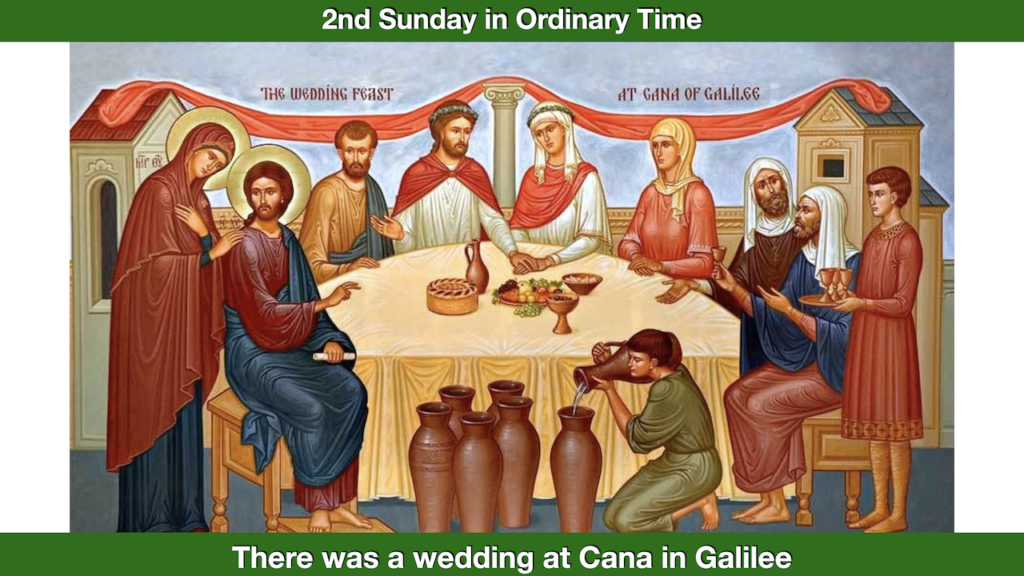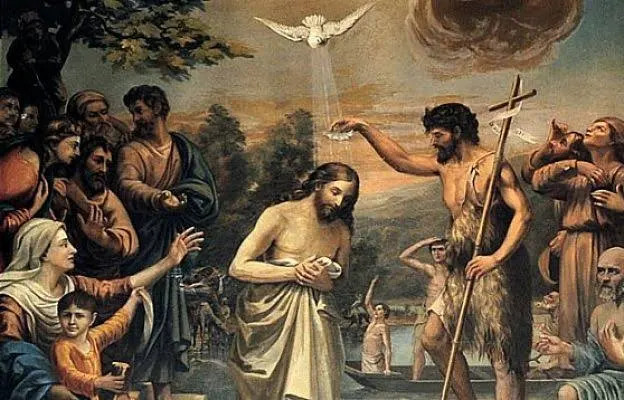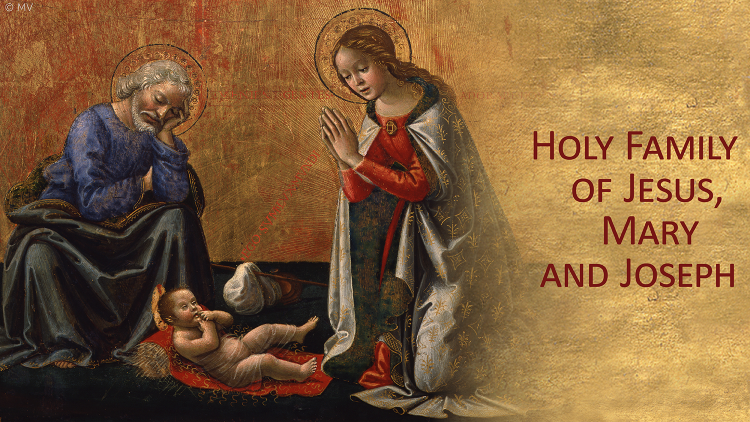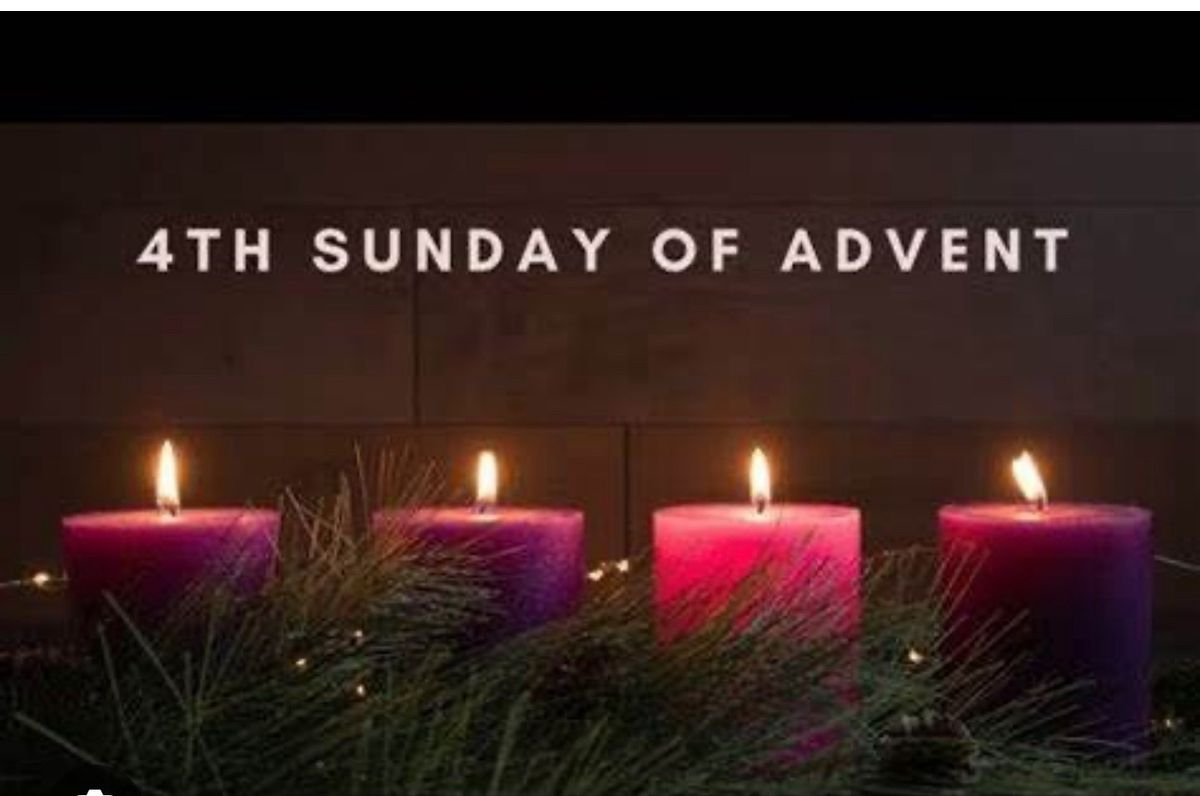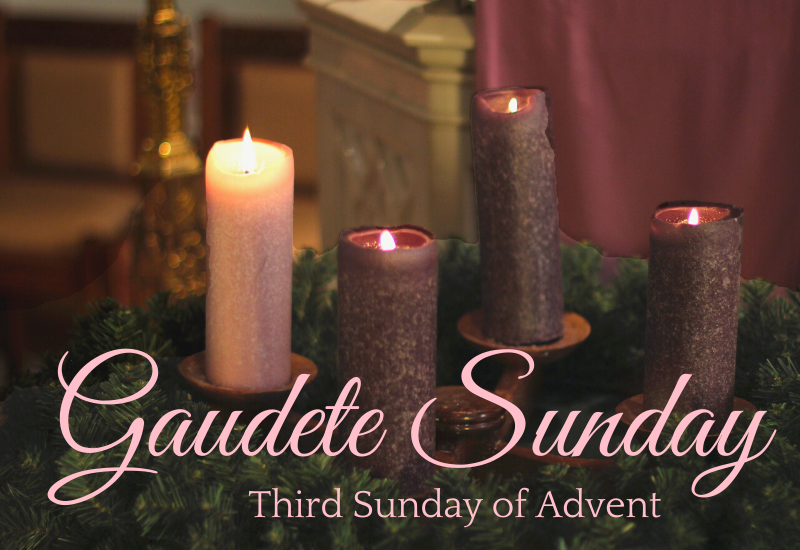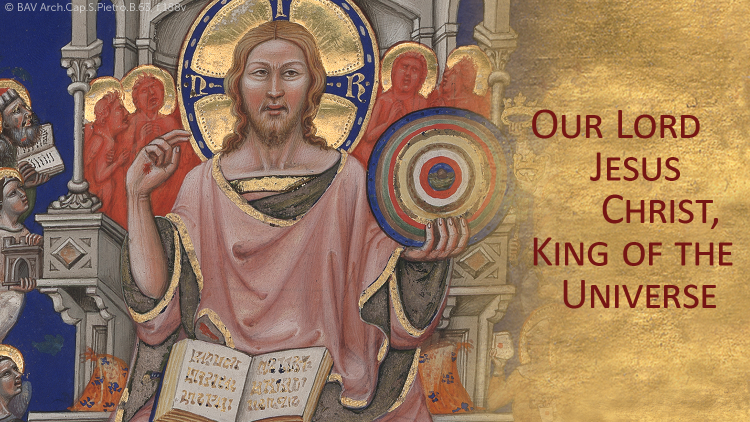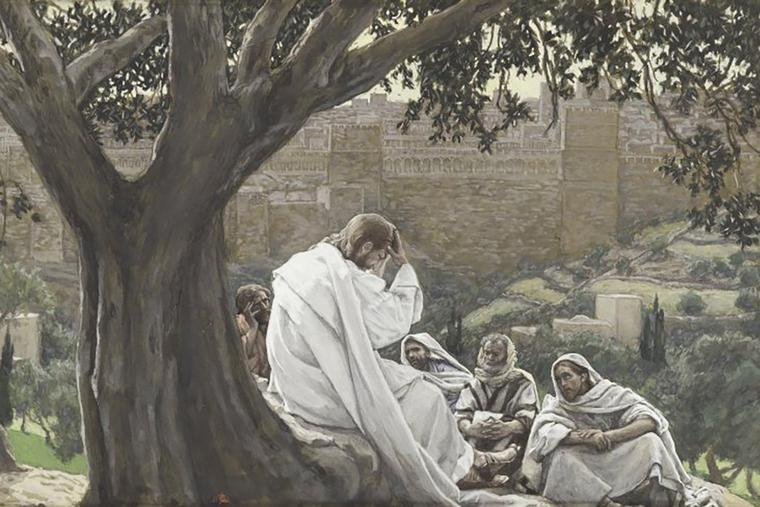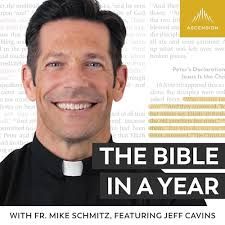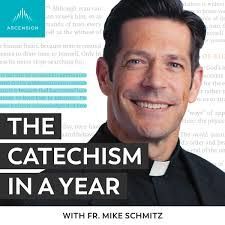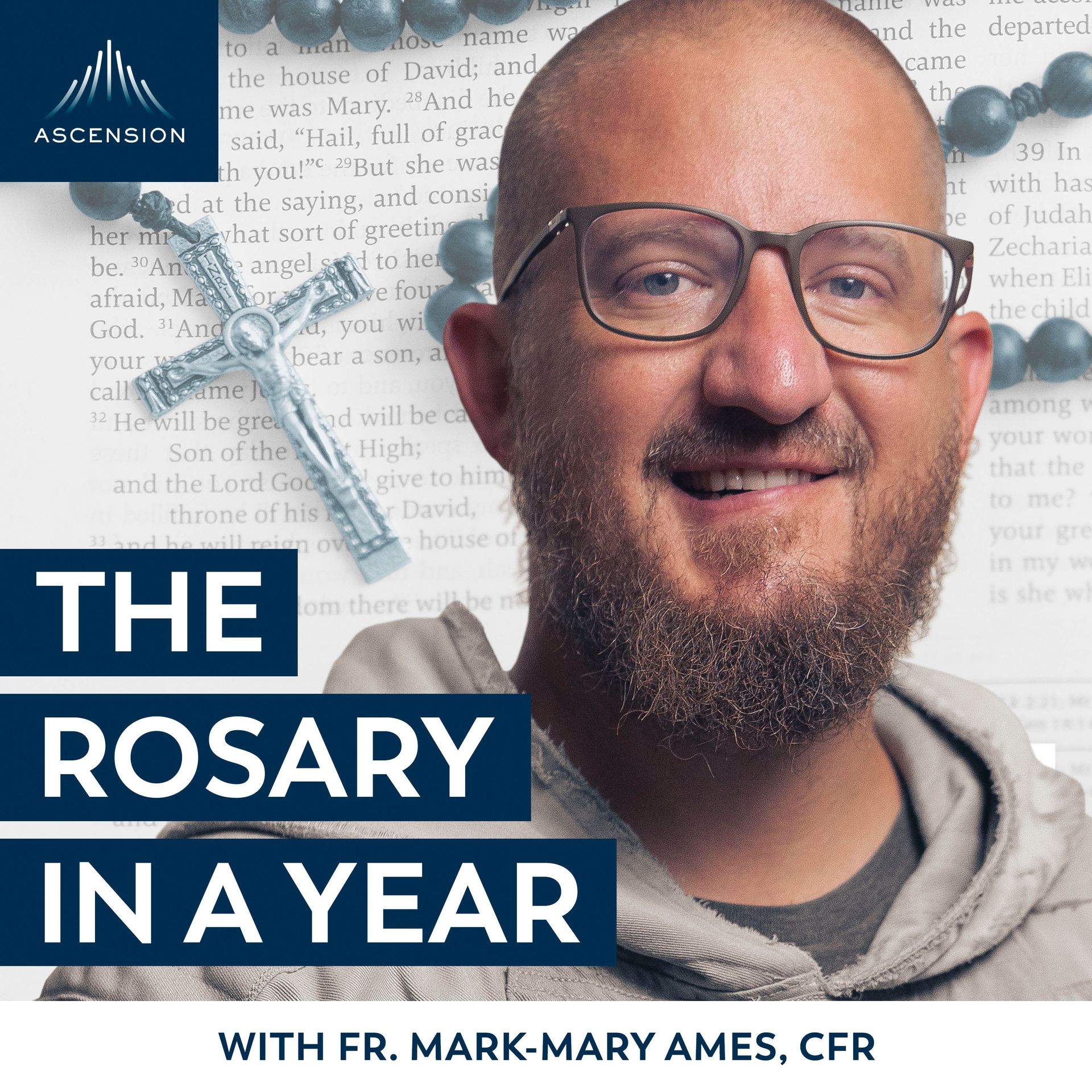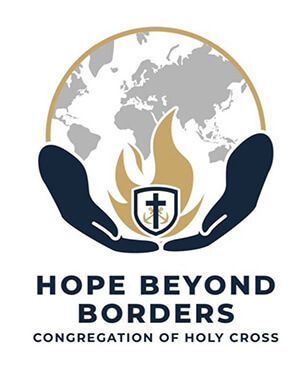Sixteenth Sunday in Ordinary Time, July 23, 2023
Dear Friends,
On this 16th Sunday we celebrate the World Day of Grandparents and the Elderly. Let us thank God for our God loving grandparents whose faith is our model. Let us pray for the many elders who are neglected and abandoned.
Let us continue to read together the Post-Synodal Apostolic Exhortation of Pope Benedict XVI entitled: Sacramentum Caritatis. Pope Benedict divides his Exhortation into 3 parts that reflect the harmony among dogma, liturgy, and life. The Eucharist is a mystery to be believed, celebrated, and lived with our whole heart. In the Eucharist we find “reflected a great deal on the intrinsic relation between Eucharistic faith and celebration” (SC 34). The faith that is celebrated is the faith that is believed.
This exercise of reading this beautiful exhortation of Pope Benedict XVI in easy digestible portions is intended to help us to gratefully appreciate anew the gift of the Eucharist!
Have a Blessed Week!
With Love, Fr. John
W e e k 4 — SA C R A M E N T U M C A R I T A T I S ( T H E SA C R A M E N T O F C H A R I T Y : T H E E U C H A R I ST )
CONTINUATION OF THE POST-SYNODAL APOSTOLIC EXHORTATION SACRAMENTUM CARITATIS OF THE HOLY FATHER BENEDICT XVI TO THE BISHOPS, CLERGY, CONSECRATED PERSONS AND THE LAY FAITHFUL ON THE EUCHARIST AS THE SOURCE AND SUMMIT OF THE CHURCH'S LIFE AND MISSION
P A R T O N E : T H E E U C H A R I ST — A M Y ST E R Y T O B E B E L I E V E D ( c on t i n u e d )
“This is the work of God: that you believe in whom he has sent.” (Jn 6:29)
THE EUCHARIST: JESUS THE TRUE SACRIFICAL LAMB —THE NEW AND ENTERNAL COVENANT IN THE BLOODOF THELAMB
- The mission for which Jesus came among us was accomplished in the Paschal Mystery. On the Cross from which he draws all people to himself (cf. Jn 12:32), just before "giving up the Spirit," he utters the words: "it is finished" (Jn 19:30). In the mystery of Christ's obedience unto death, even death on a Cross (cf. Phil 2:8), the new and eternal covenant was brought about. In his crucified flesh, God's freedom and our human freedom met definitively in an inviolable, eternally valid Human sin was also redeemed once for all by God's Son (cf. Heb 7:27; 1 Jn 2:2; 4:10). As I have said elsewhere, "Christ's death on the Cross is the culmination of that turning of God against himself in which he gives himself in order to raise man up and save him. This is love in its most radical form." (18) In the Paschal Mystery, our deliverance from evil and death has taken place. In instituting the Eucharist, Jesus had spoken of the "new and eternal covenant" in the shedding of his blood (cf. Mt 26:28; Mk 14:24; Lk 22:20). This, the ultimate purpose of his mission, was clear from the very beginning of his public life. Indeed, when, on the banks of the Jordan, John the Baptist saw Jesus coming towards him, he cried out: "Behold, the Lamb of God, who takes away the sin of the world" (Jn 1:29). It is significant that these same words are repeated at every celebration of Holy Mass, when the priest invites us to approach the altar: "This is the Lamb of God who takes away the sins of the world. Happy are those who are called to his supper." Jesus is the true paschal lamb who freely gave himself in sacrifice for us, and thus brought about the new and eternal covenant. The Eucharist contains this radical newness, which is offered to us again at every celebration. (19)
THE INSTUTION OF THE EUCHARIST
- This leads us to reflect on the institution of the Eucharist at the Last Supper. It took place within a ritual meal commemorating the foundational event of the people of Israel: their deliverance from slavery in Egypt. This ritual meal, which called for the sacrifice of lambs (cf. Ex 12:1-28, 43-51), was a remembrance of the past, but at the same time a prophetic remembrance, the proclamation of a deliverance yet to come. The people had come to realize that their earlier liberation was not definitive, for their history continued to be marked by slavery and sin. The remembrance of their ancient liberation thus expanded to the invocation and expectation of a yet more profound, radical, universal and definitive This is the context in which Jesus introduces the newness of his gift. In the prayer of praise, the Berakah, he does not simply thank the Father for the great events of past history, but also for his own "exaltation." In instituting the sacrament of the Eucharist, Jesus anticipates and makes present the sacrifice of the Cross and the victory of the resurrection. At the same time, he reveals that he himself is the true sacrificial lamb, destined in the Father's plan from the foundation of the world, as we read in The First Letter of Peter (cf. 1:18-20). By placing his gift in this context, Jesus shows the salvific meaning of his death and resurrection, a mystery which renews history and the whole cosmos. The institution of the Eucharist demonstrates how Jesus' death, for all its violence and absurdity, became in him a supreme act of love and mankind's definitive deliverance from evil.
FIGURA TRANSIT IN VERITATEM
- Jesus thus brings his own radical novum to the ancient Hebrew sacrificial meal. For us Christians, that meal no longer need be repeated. As the Church Fathers rightly say, figura transit in veritatem: the foreshadowing has given way to the truth itself. The ancient rite has been brought to fulfilment and definitively surpassed by the loving gift of the incarnate Son of God. The food of truth, Christ sacrificed for our sake, dat figuris terminum. (20) By his command to "do this in remembrance of me" (Lk 22:19; 1 Cor 11:25), he asks us to respond to his gift and to make it sacramentally present. In these words the Lord expresses, as it were, his expectation that the Church, born of his sacrifice, will receive this gift, developing under the guidance of the Holy Spirit the liturgical form of the sacrament. The remembrance of his perfect gift consists not in the mere repetition of the Last Supper, but in the Eucharist itself, that is, in the radical newness of Christian worship. In this way, Jesus left us the task of entering into his "hour." "The Eucharist draws us into Jesus' act of self-oblation. More than just statically receiving the incarnate Logos, we enter into the very dynamic of his self-giving." (21) Jesus "draws us into himself." (22) The substantial conversion of bread and wine into his body and blood introduces within creation the principle of a radical change, a sort of "nuclear fission," to use an image familiar to us today, which penetrates to the heart of all being, a change meant to set off a process which transforms reality, a process leading ultimately to the transfiguration of the entire world, to the point where God will be all in all (cf. 1 Cor 15:28).
(18) Encyclical Letter Deus Caritas Est (25 December 2005), 12: AAS 98 (2006),
(19) Propositio 3.
(20) Roman Breviary, Hymn for the Office of Readingsof the Solemnity of Corpus
(21) Benedict XVI, Encyclical Letter Deus Caritas Est (25 December 2005), 13: AAS 98 (2006),
